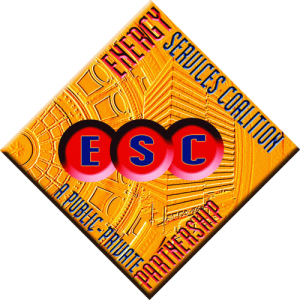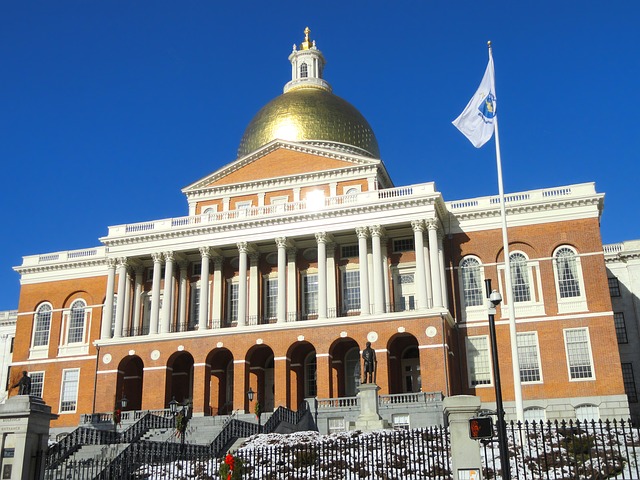 Have you heard of the ESC? Do you know what an ESPC is? Well now there is a way for municipalities, schools, and other entities to take advantage of the energy dollars they are already spending!
Have you heard of the ESC? Do you know what an ESPC is? Well now there is a way for municipalities, schools, and other entities to take advantage of the energy dollars they are already spending!
According to its website, “the Energy Services Coalition (ESC) is a national nonprofit organization composed of a network of experts from a wide range of organizations working together at the state and local level to increase energy efficiency and building upgrades through energy savings performance contracting”. Now, New Hampshire has a chapter! The New Hampshire chapter of the ESC is meeting on March 11th at 2pm at the Grappone Center (70 Constitution Avenue) in Concord. The mission of this chapter is to grow ESPC in NH.
What is an ESPC? According to the ESC website, “energy savings performance contracting enables building owners to use future energy savings to pay for up-front costs of energy-saving projects, eliminating the need to dip into capital budgets”.
To learn more about the ESC, visit the website at https://energyservicescoalition.org/.
For more information on the NH chapter, contact the acting co-chairs, Karen Rantamaki at karen.rantamaki@das.nh.gov and Dean Angeledes at dean.john.angeledes@jci.com.

